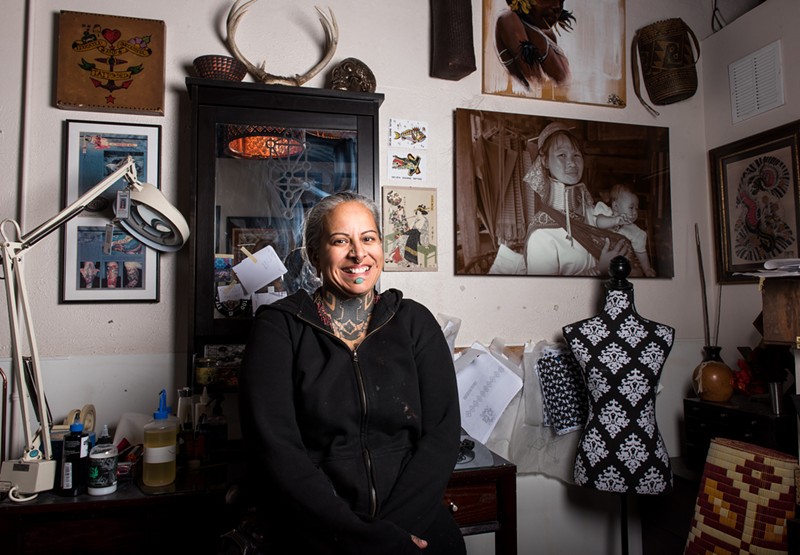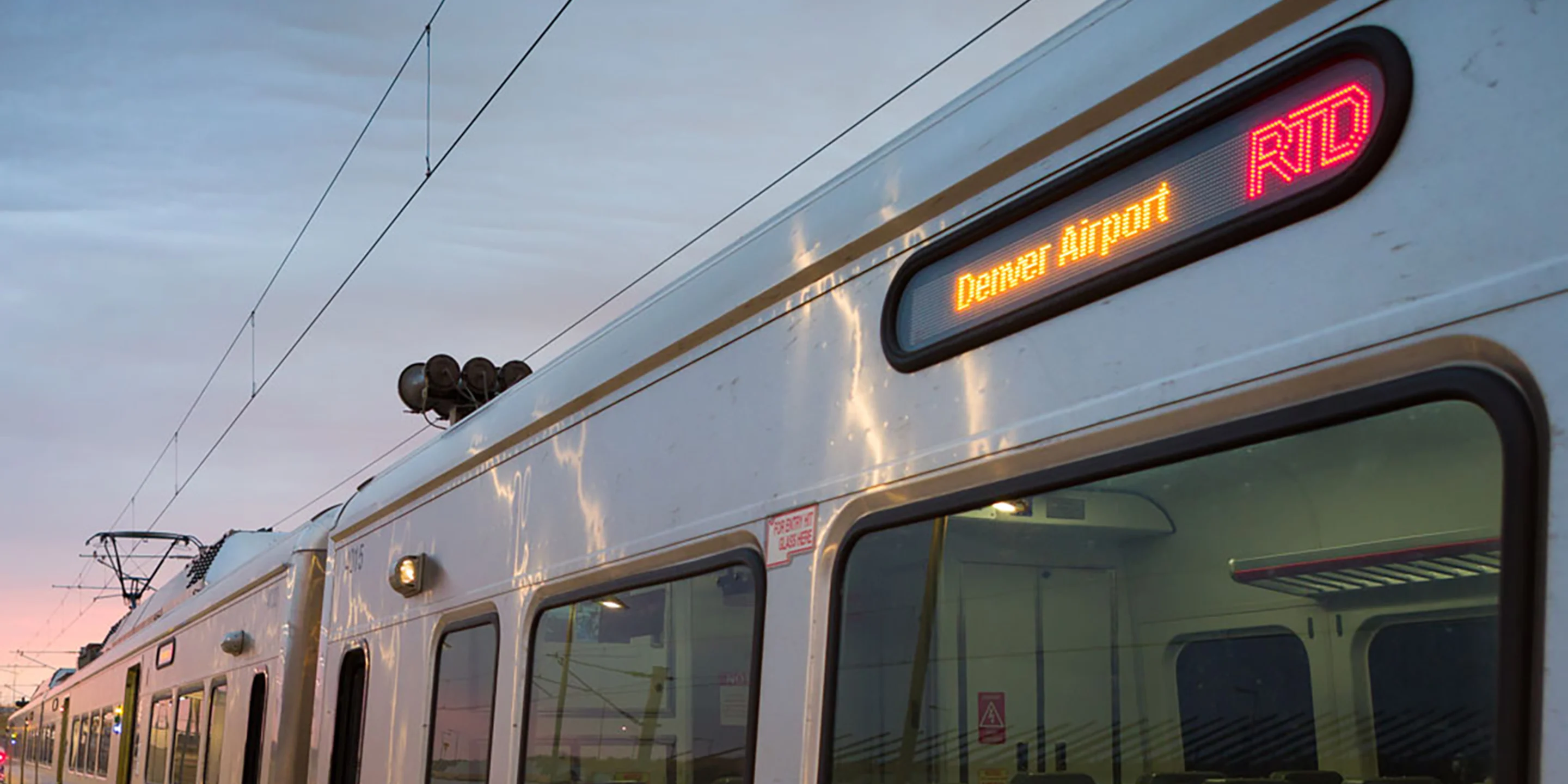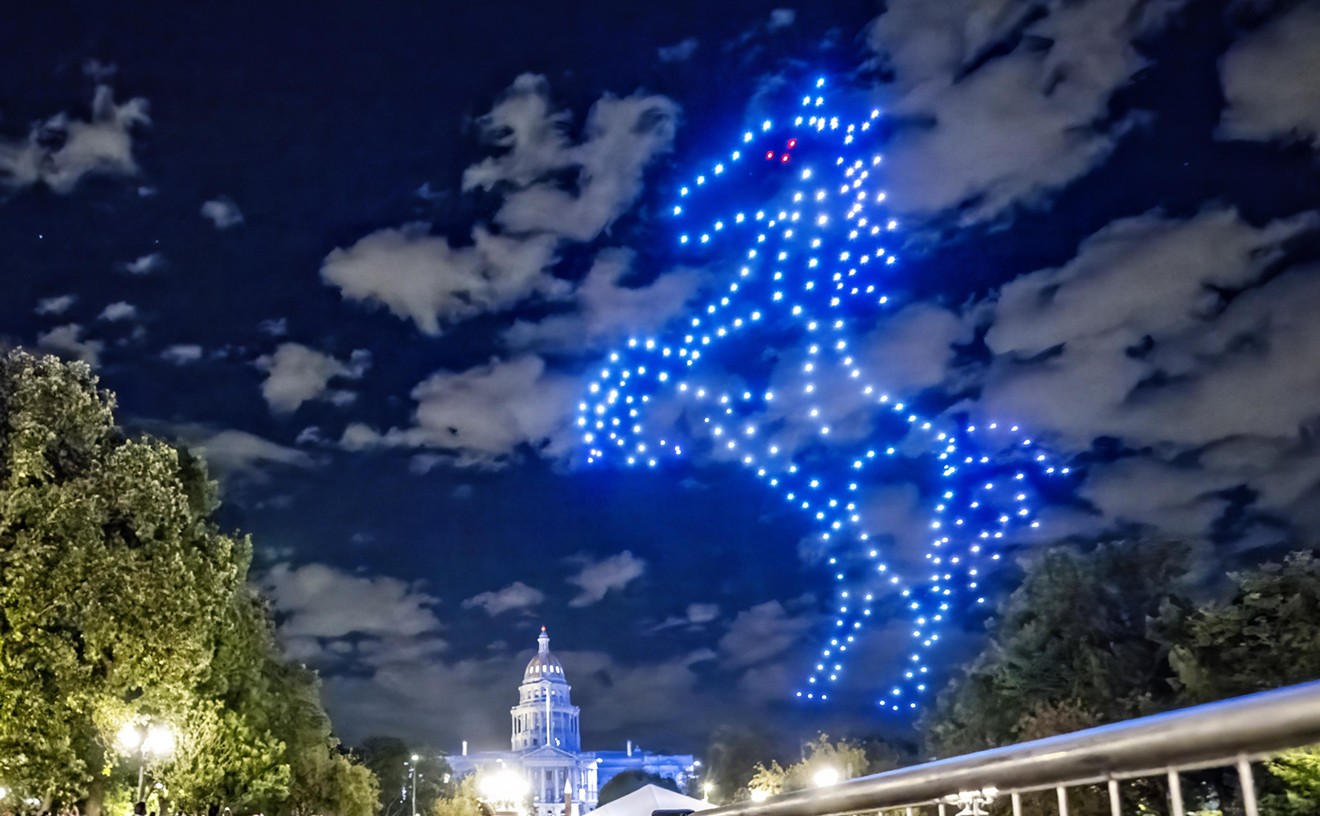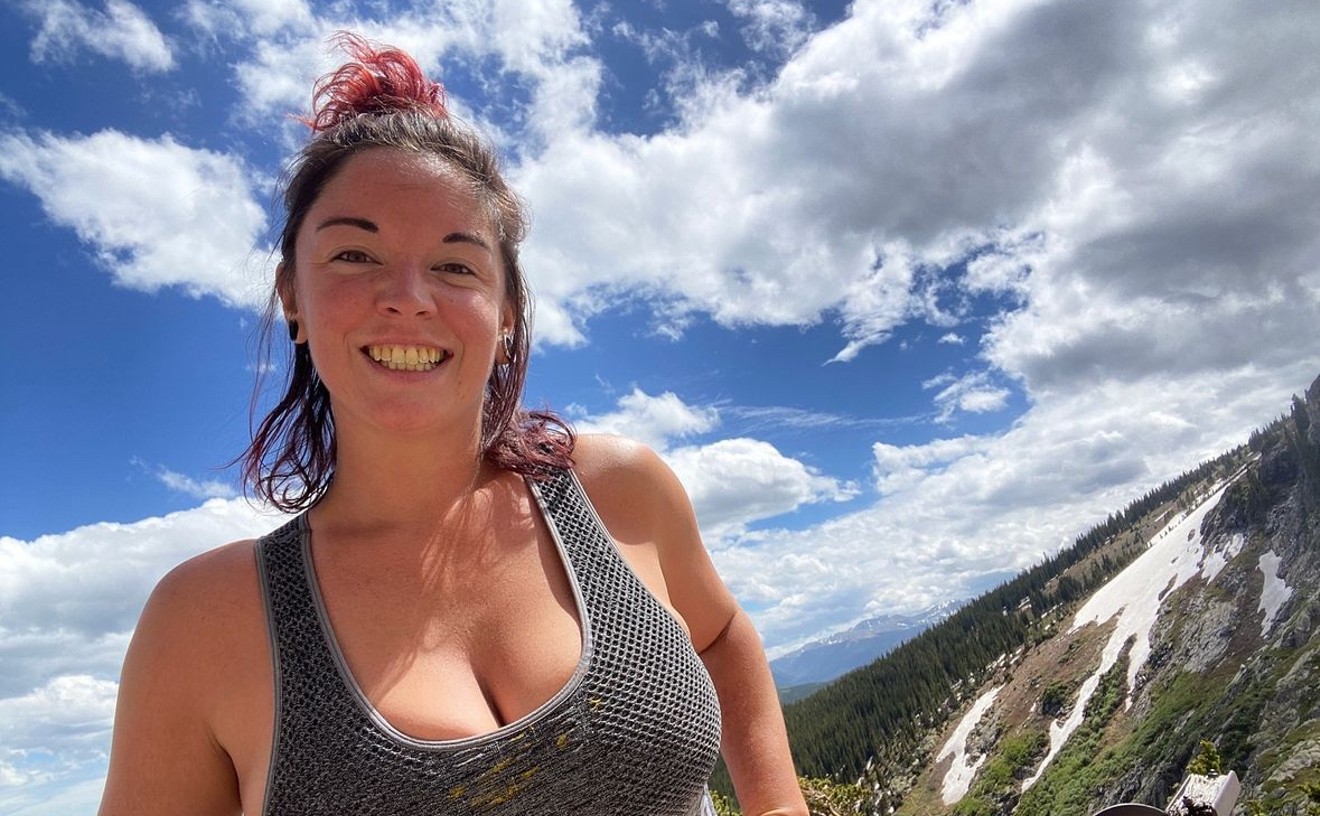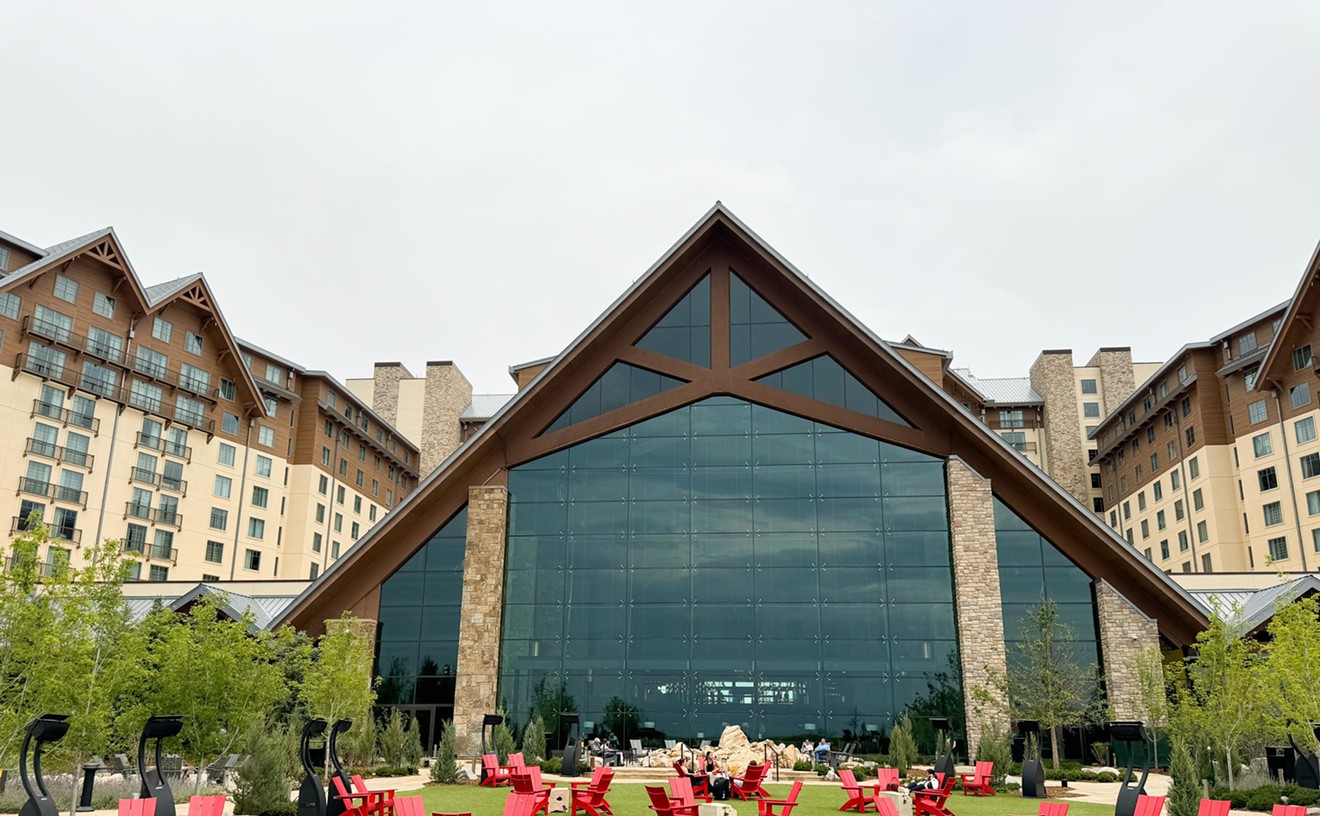Most years, city public-health inspectors visit tattoo shops around Denver. The officials carry badges. They look for safety violations, doling out citations and ensuring that the industry is safe. They take their jobs seriously, and in an art form that involves blood and close contact, their role is vital in keeping customers and workers healthy.
That's according to Alicia Cardenas, the artist and owner of the tattoo and piercing shop Sol Tribe — and a blood-borne pathogens expert known as one of the go-to people in Denver for health advice in tattooing.
Yet during the COVID-19 pandemic, she says, tattoo shops have not received any industry-specific guidance from the Denver Department of Public Health and Environment about how to operate safely.
After COVID-19 hit and the city's 200-plus tattoo shops were closed, then finally permitted to reopen, Cardenas's fellow shop owners reached out to her about best practices for staying safe during a pandemic. But she felt she didn't know enough to offer advice during these unusual times, and looked to experts at the city, to which tattoo studios pay licensing fees — $200 a year per location, $50 per artist. But when she asked the DDPHE for advice, no one could tell her what current best practices actually were.
"Right when this stuff hit, I was going to bat with them," Cardenas says. "I sent them emails and basically verbally tormented them. They said, 'We don’t know. It’s changing every few days. We don’t have any good guidance for you.' They’re asking us to open our doors during a pandemic without any guidance."
So she took to social media, blasting the city for abandoning shops.
"I sent twenty-plus emails out to people who had emailed me," she says. Her message to her fellow tattoo studio owners was to the point: "Your health inspector isn’t going to help you."
"There is this real gray area of how to function," she says. "It’s tricky. The small businesses haven’t gotten any support. ... We have been abandoned by our department of health."
And a lack of COVID-19 guidelines isn't the only way the city is failing to keep the industry safe.
"Tattoo shops are not going to get inspected," she says, noting that those normal safety inspections help prevent the spread of blood-borne pathogens like HIV and hepatitis C.
Public health officials in the city acknowledge that many of their normal inspections aren't happening.
"DDPHE has not been able to conduct routine inspections in many programs due to the COVID-19 response," says spokesperson Tammy Vigil. "We do respond to high-priority complaints and requests for guidance. Any businesses or operators that have not received a response should reach out to [email protected]."
Since Denver seemed unable to offer the guidance that Cardenas and her colleagues wanted, they started looking at Boulder County's health department, which offered clearer guidelines.
"Boulder County had a very good checklist," Cardenas says. "Boulder had a better protocol to send to their tattooers and pierces than Denver did."
Following that protocol, her shop now takes temperatures, has people fill out a COVID-19 form, mandates social distancing, and bars people who aren't being tattooed and pierced from coming in to support their friends. The waiting room is closed.
But cutting capacity and implementing safety procedures have axed the shop's revenue. Walk-in traffic is down, because most people are being encouraged to stay at home...a practice Cardenas understands and supports. Meanwhile, some small expenses have gone up.
"We are being price-gouged for gloves," she says. "Although I don’t believe they’re being taken from first responders, prices have gone up 70 percent. Where I used to order six cases at $69 or $79, they are now sometimes over $200 a case. That is going to kick our ass."
At this point, she's trying to decide how long she can keep her shop at 56 Broadway open before she'll have to move — a trend that had been hitting other business owners in the neighborhood hard even before the pandemic. "My landlord isn’t giving us any sort of forgiveness or modification," she says.
Small businesses are eligible for money from an emergency relief fund from the City of Denver; applications are due January 26. While Cardenas has applied to similar offerings from the city and elsewhere and received Paycheck Protection Program loans early on, she says the process is demoralizing for someone who built their own business from scratch more than twenty years ago.
"We are suffering and taking seriously how we are going to move forward," she adds. "It’s been a really rough year, and transformative for everybody in the small-business realm."
And without enough government help, those business owners are largely on their own.
"For those people who say it’s like Mad Max, they're right," concludes Cardenas. "It’s fucking Mad Max time."
[
{
"name": "Air - MediumRectangle - Inline Content - Mobile Display Size",
"component": "12017618",
"insertPoint": "2",
"requiredCountToDisplay": "2",
"watchElement": ".fdn-content-body",
"astAdList": [
{
"adType": "rectangle",
"displayTargets": "mobile"
}
]
},{
"name": "Editor Picks",
"component": "17242653",
"insertPoint": "4",
"requiredCountToDisplay": "1",
"watchElement": ".fdn-content-body",
"astAdList": [
{
"adType": "rectangle",
"displayTargets": "desktop|tablet"
},{
"adType": "rectangle",
"displayTargets": "desktop|tablet|mobile"
}
]
},{
"name": "Inline Links",
"component": "18838239",
"insertPoint": "8th",
"startingPoint": 8,
"requiredCountToDisplay": "7",
"maxInsertions": 25
},{
"name": "Air - MediumRectangle - Combo - Inline Content",
"component": "17261320",
"insertPoint": "8th",
"startingPoint": 8,
"requiredCountToDisplay": "7",
"maxInsertions": 25,
"watchElement": ".fdn-content-body",
"astAdList": [
{
"adType": "rectangle",
"displayTargets": "desktop|tablet"
},{
"adType": "rectangle",
"displayTargets": "desktop|tablet|mobile"
}
]
},{
"name": "Inline Links",
"component": "18838239",
"insertPoint": "8th",
"startingPoint": 12,
"requiredCountToDisplay": "11",
"maxInsertions": 25
},{
"name": "Air - Leaderboard Tower - Combo - Inline Content",
"component": "17261321",
"insertPoint": "8th",
"startingPoint": 12,
"requiredCountToDisplay": "11",
"maxInsertions": 25,
"watchElement": ".fdn-content-body",
"astAdList": [
{
"adType": "leaderboardInlineContent",
"displayTargets": "desktop|tablet"
},{
"adType": "tower",
"displayTargets": "mobile"
}
]
}
]

